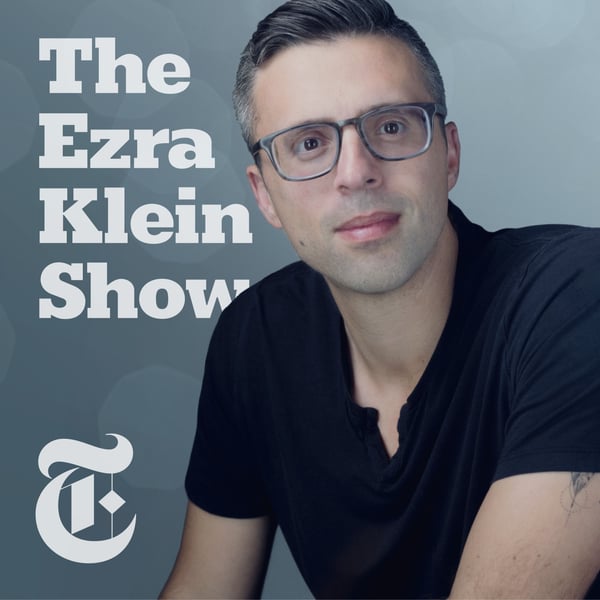Sarah Schulman’s Radical Approach to Conflict, Communication and Change
The Ezra Klein Show
New York Times Opinion
4.6 • 11K Ratings
🗓️ 22 June 2021
⏱️ 61 minutes
🧾️ Download transcript
Summary
Transcript
Click on a timestamp to play from that location
| 0:00.0 | I'm Esther Klein and this is the Esther Klein Show. |
| 0:19.2 | I've been wanting to have Sarah Schulman on the show for a while now. |
| 0:21.9 | I first came to know her work through her 2016 book Conflict is Not Abuse which has become |
| 0:25.8 | a kind of cult classic. |
| 0:27.6 | It's a kind of amazing, very, very challenging book. |
| 0:30.7 | The central argument is that we often miss the label, Conflict is Abuse, and view ourselves |
| 0:35.9 | and act as victims of abuse without recognizing the power that we have in the situation, the |
| 0:42.0 | way we may be part of and have a responsibility for ending a conflict, and also within that |
| 0:47.4 | frame, not seeing that we then can harm others. |
| 0:51.8 | It is particularly about the way people who are formed by trauma as they develop more power |
| 0:59.1 | can then not see that they are the ones inflicting harm. |
| 1:02.3 | It's a book that goes through a lot of what you might think of as a cancel culture conversation, |
| 1:06.9 | right, trigger warnings and schools and all kinds of things that are debates on the left |
| 1:11.6 | in America day, but ladders up all the way to Israel, Palestine. |
| 1:14.6 | It's a really fascinating, strange, distinctive book. |
| 1:19.2 | And it's built around an almost utopian belief in the power of communication, really difficult |
| 1:23.1 | forms of communication to heal and resolve. |
| 1:25.9 | And so in some ways, it is centrally about the need to see ourselves as in and put ourselves |
| 1:31.0 | in communication with each other. |
| 1:33.6 | I think about it often. |
| 1:35.4 | But then I saw Shulman was bringing out another book, Let the Record Show, a history of |
| 1:39.3 | Act Up New York. |
... |
Please login to see the full transcript.
Disclaimer: The podcast and artwork embedded on this page are from New York Times Opinion, and are the property of its owner and not affiliated with or endorsed by Tapesearch.
Generated transcripts are the property of New York Times Opinion and are distributed freely under the Fair Use doctrine. Transcripts generated by Tapesearch are not guaranteed to be accurate.
Copyright © Tapesearch 2025.

